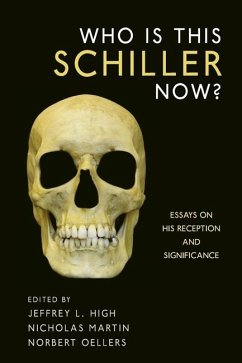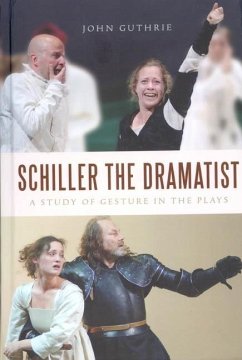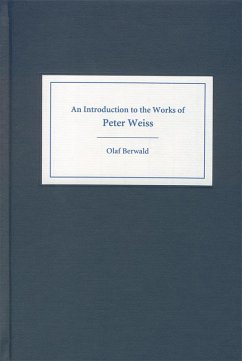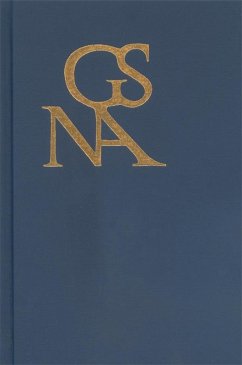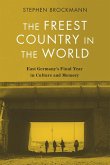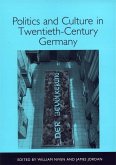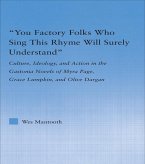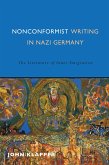New essays by top international Schiller scholars on the reception of the great German writer and dramatist, emphasizing his realist aspects.
The works of Friedrich Schiller (1759-1805) -- an innovative and resonant tragedian and an important poet, essayist, historian, and aesthetic theorist -- are among the best known of German and world literature. Schiller's explosive original artistry and feel for timely and enduring personal tragedy embedded in timeless sociohistorical conflicts remain the topic of lively academic debate. The essays in this volume address the many flashpoints and canonicalshifts in the cyclically polarized reception of Schiller and his works, in pursuit of historical and contemporary answers to Samuel Taylor Coleridge's expression of frightened admiration in 1794: "Who is this Schiller?" The responses demonstrate pronounced shifts from widespread twentieth-century understandings of Schiller: the overwhelming emphasis here is on Schiller the cosmopolitan realist, and little or no trace is left of the ultimately untenable view of Schiller as an abstract idealist who turned his back on politics.
Contributors: Ehrhard Bahr, Matthew Bell, Frederick Burwick, Jennifer Driscoll Colosimo, Bernd Fischer, Gail K. Hart, Fritz Heuer, Hans H. Hiebel, Jeffrey L. High, Walter Hinderer, Paul E. Kerry, Erik B. Knoedler, Elisabeth Krimmer, Maria del Rosario Acosta López, Laura Anna Macor, Dennis F. Mahoney, Nicholas Martin, John A. McCarthy, Yvonne Nilges, Norbert Oellers, Peter Pabisch, David Pugh, T. J. Reed, Wolfgang Riedel, Jörg Robert, Ritchie Robertson, Jeffrey L. Sammons, Henrik Sponsel.
Jeffrey L. High is Associate Professor of German Studies at California State University Long Beach, Nicholas Martin is Reader in European Intellectual History at the University of Birmingham, and Norbert Oellers is Professor Emeritus of German Literature at the University of Bonn.
The works of Friedrich Schiller (1759-1805) -- an innovative and resonant tragedian and an important poet, essayist, historian, and aesthetic theorist -- are among the best known of German and world literature. Schiller's explosive original artistry and feel for timely and enduring personal tragedy embedded in timeless sociohistorical conflicts remain the topic of lively academic debate. The essays in this volume address the many flashpoints and canonicalshifts in the cyclically polarized reception of Schiller and his works, in pursuit of historical and contemporary answers to Samuel Taylor Coleridge's expression of frightened admiration in 1794: "Who is this Schiller?" The responses demonstrate pronounced shifts from widespread twentieth-century understandings of Schiller: the overwhelming emphasis here is on Schiller the cosmopolitan realist, and little or no trace is left of the ultimately untenable view of Schiller as an abstract idealist who turned his back on politics.
Contributors: Ehrhard Bahr, Matthew Bell, Frederick Burwick, Jennifer Driscoll Colosimo, Bernd Fischer, Gail K. Hart, Fritz Heuer, Hans H. Hiebel, Jeffrey L. High, Walter Hinderer, Paul E. Kerry, Erik B. Knoedler, Elisabeth Krimmer, Maria del Rosario Acosta López, Laura Anna Macor, Dennis F. Mahoney, Nicholas Martin, John A. McCarthy, Yvonne Nilges, Norbert Oellers, Peter Pabisch, David Pugh, T. J. Reed, Wolfgang Riedel, Jörg Robert, Ritchie Robertson, Jeffrey L. Sammons, Henrik Sponsel.
Jeffrey L. High is Associate Professor of German Studies at California State University Long Beach, Nicholas Martin is Reader in European Intellectual History at the University of Birmingham, and Norbert Oellers is Professor Emeritus of German Literature at the University of Bonn.
Dieser Download kann aus rechtlichen Gründen nur mit Rechnungsadresse in A, D ausgeliefert werden.

